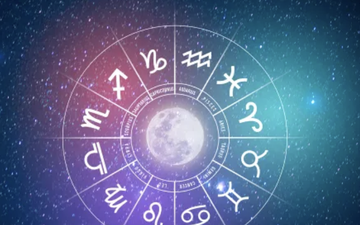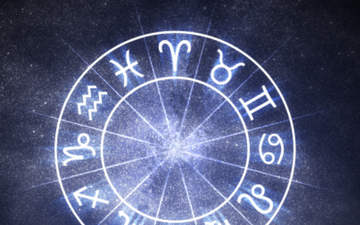
It is known as "middlescence", a term that combines "middle age" and "adolescence" (adolescence) and usually refers to those aged 40 and under 65 or older.
The term "middlescence" means "second adolescence" and was popularized by gerontologist Barbara Waxman. (Gerontologist - responsible for educating other professionals on topics related to the aging process; gerontologists are not doctors, but professionals specializing in various fields).
According to Barbara, this is "a period marked by an increased desire to find oneself and to give a greater meaning to life." Some may call it the "middle age crisis," but she opposes it.
"We are supposed to feel change. Our bodies are changing, just like in adolescence, but this time not as in adolescence. For both men and women. We feel we are not young, but we are certainly not old. So who are we and who do we want to be when we grow up? ” she said in an interview with "This Morning" on CBS.
The expert says that this age is misunderstood and people have to admit that "it is not a crisis, it is just time to re-evaluate the choices we have made".
She calls it "a second adolescence, just wiser."
"The first is not to live life according to a chronological number. It has nothing to do with where you are. Be the author of your life story. Do not let anyone else or culture write it."
Psychologist Heather Silvestri argues that when people learn to see and use this period wisely, this age can completely change their outlook on middle age or on life in general. Some even feel happier and more energetic than ever.
She mentions cases of people who in their 40s, 50s or 60s realized that they were interested in a new career, started another hobby, started a business, etc.
"You have to understand that the choices you made in your twenties or thirties shaped you, but they do not determine who you are. Think that decades have prepared you for this moment. This is how you should see the second adolescence. "





